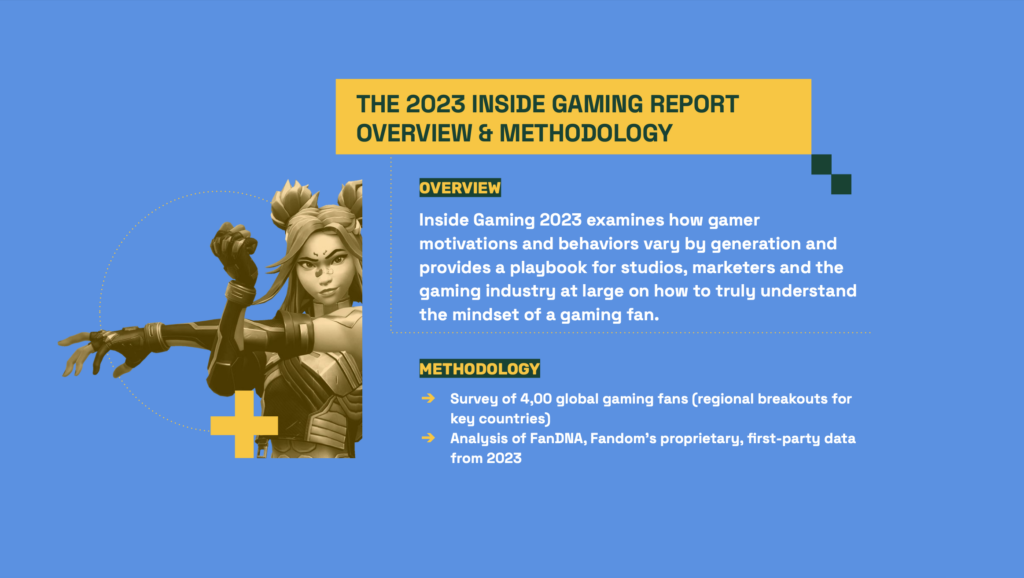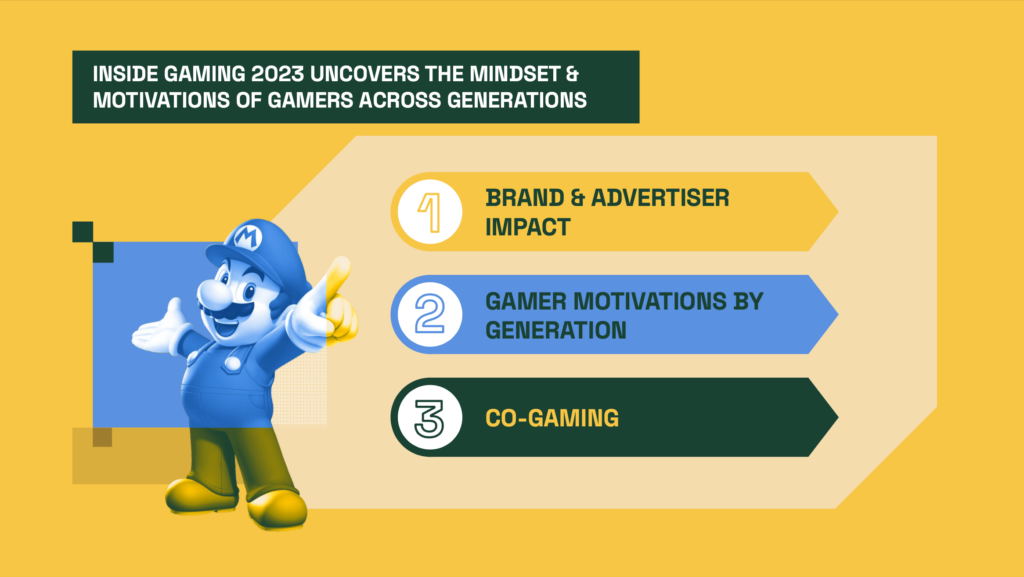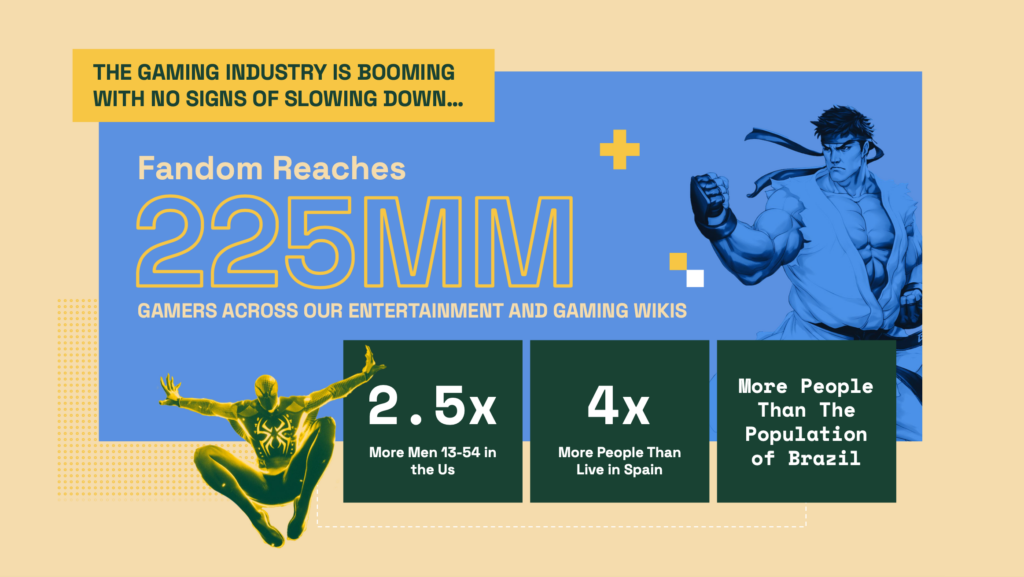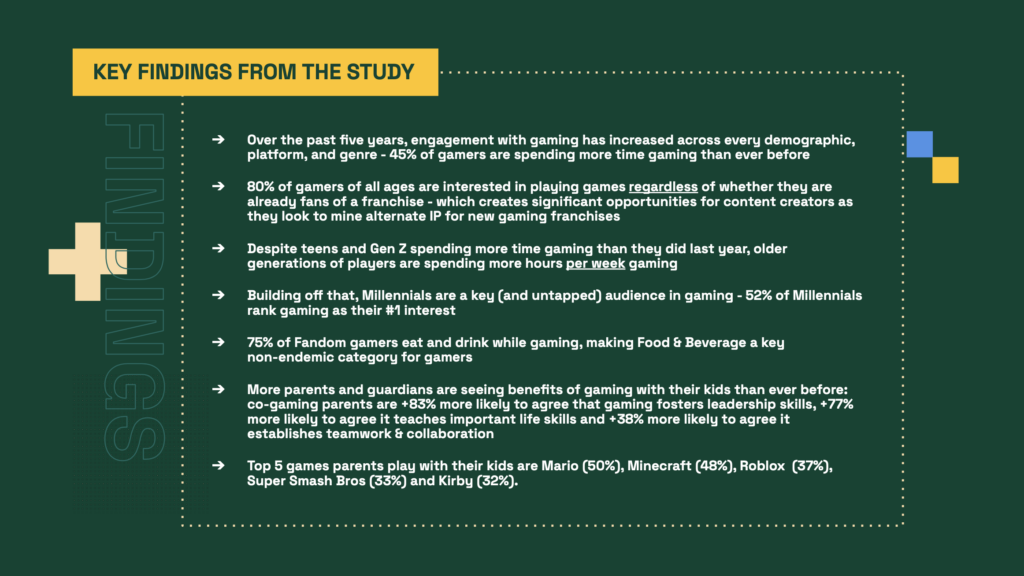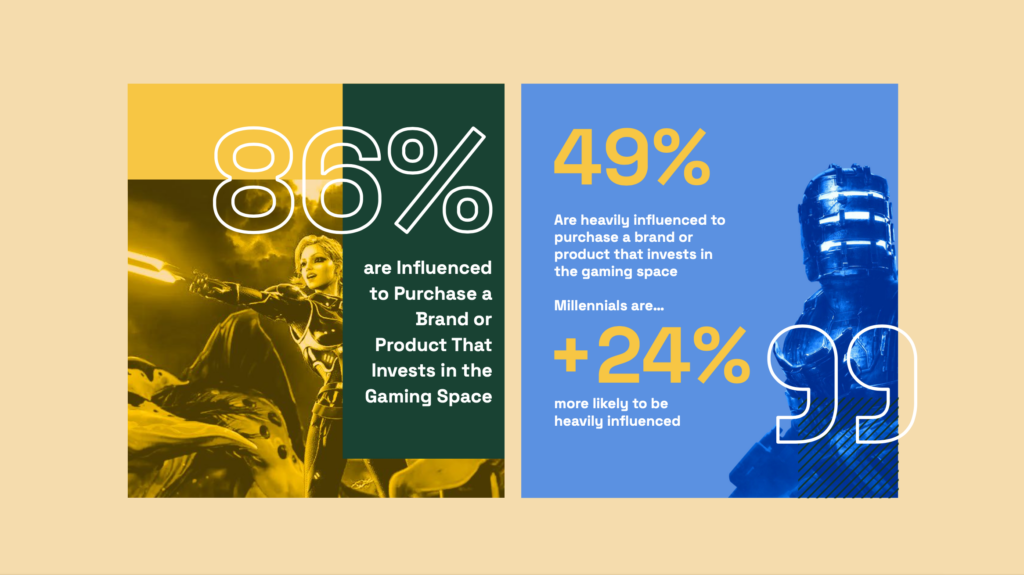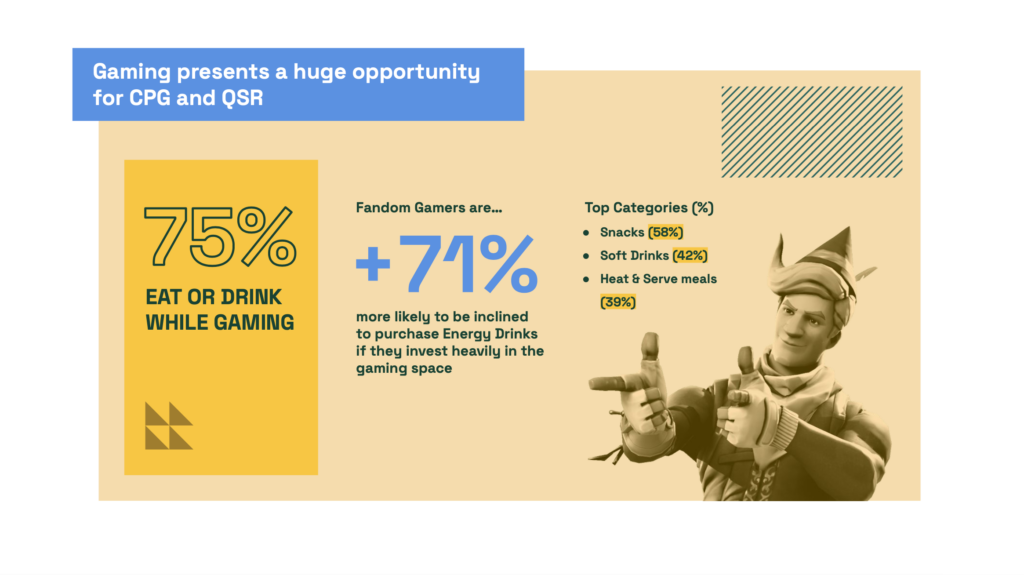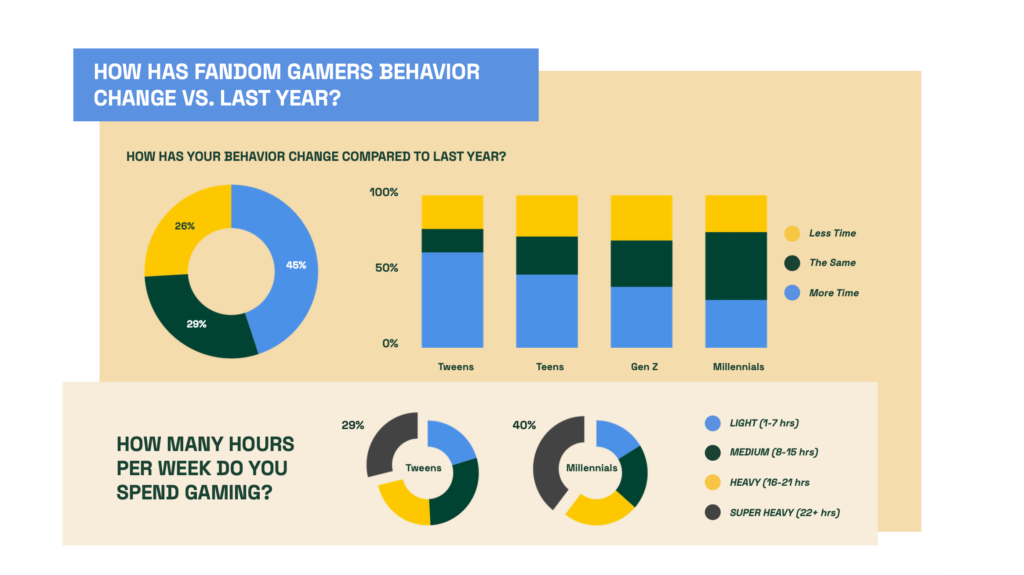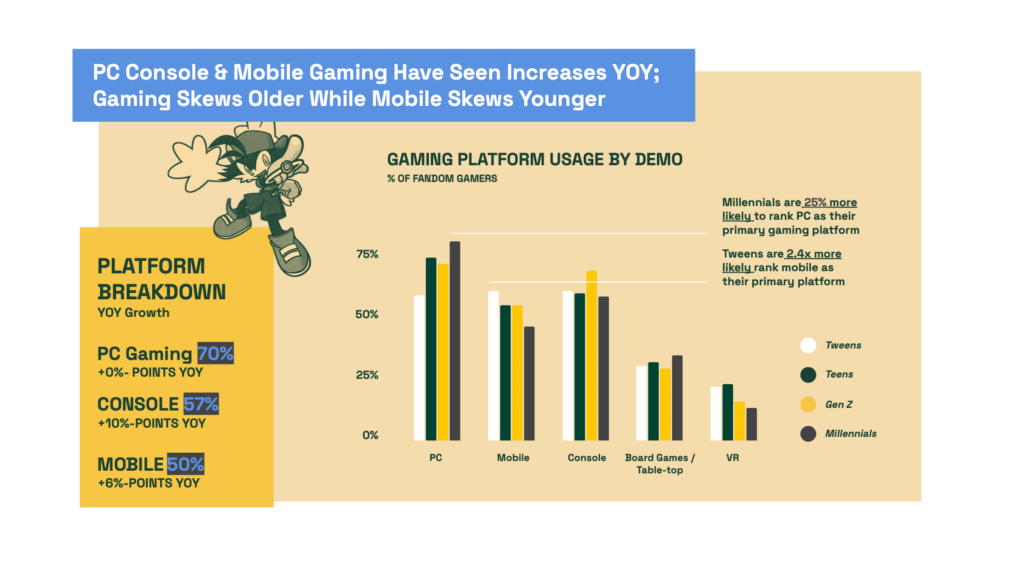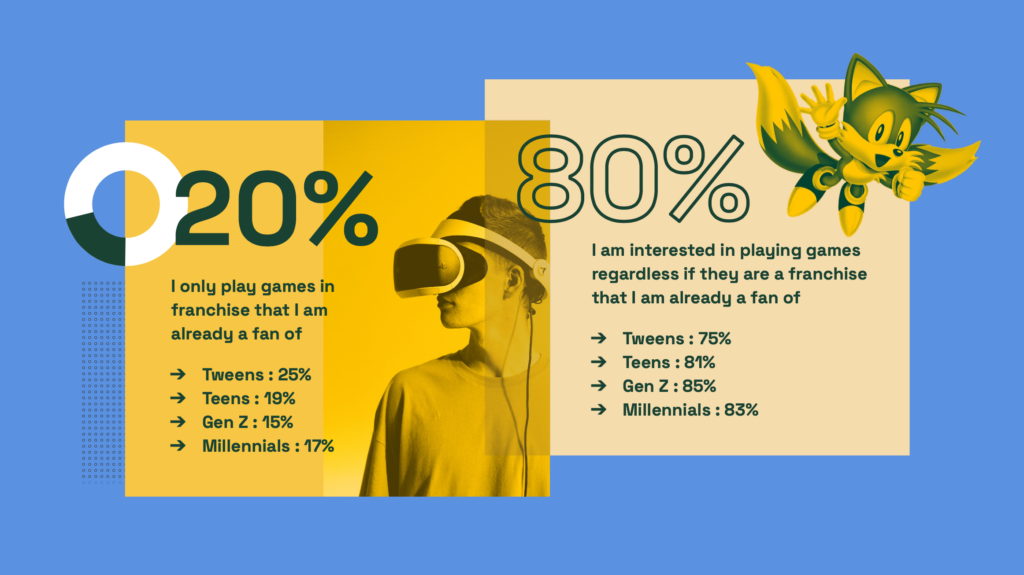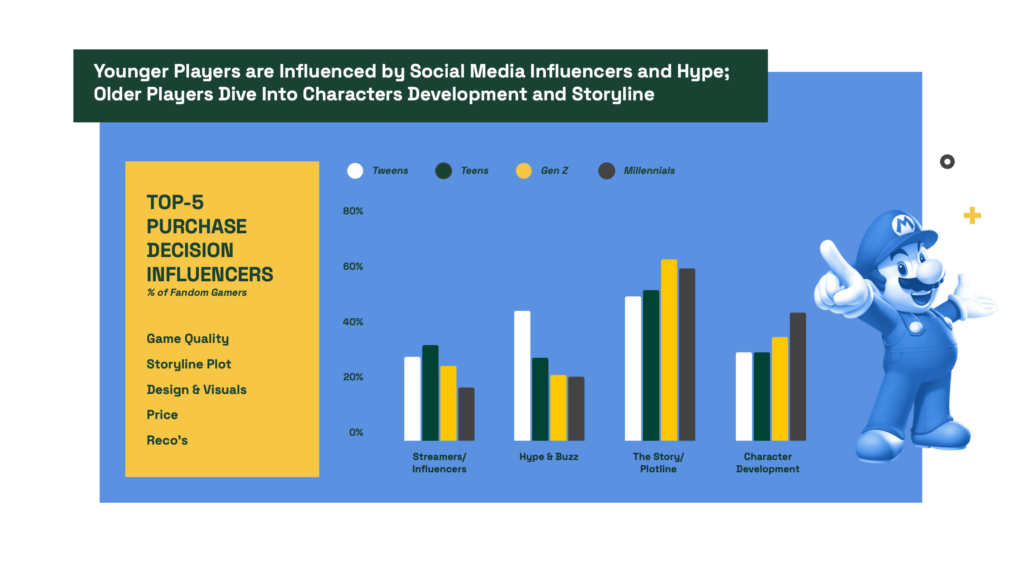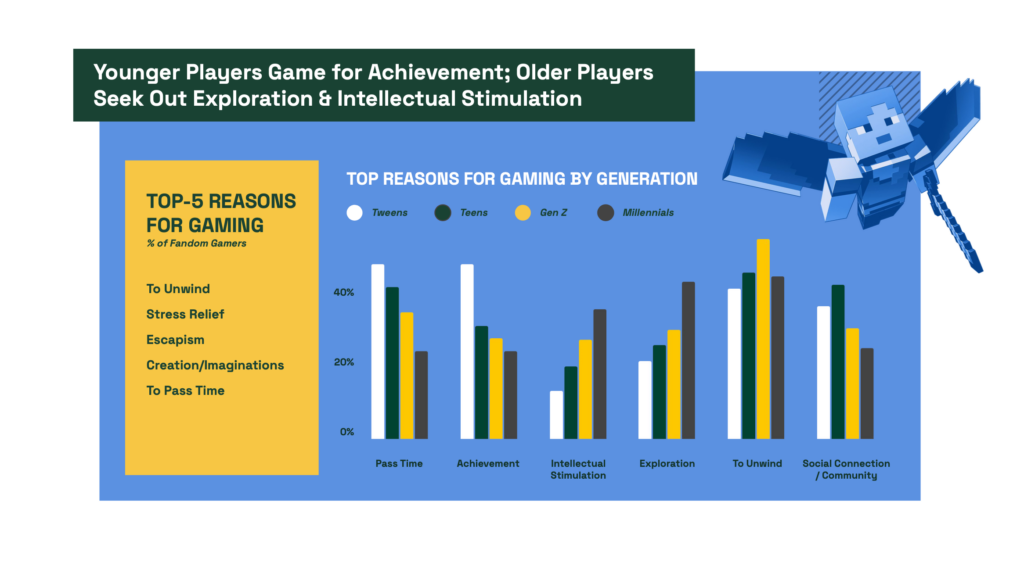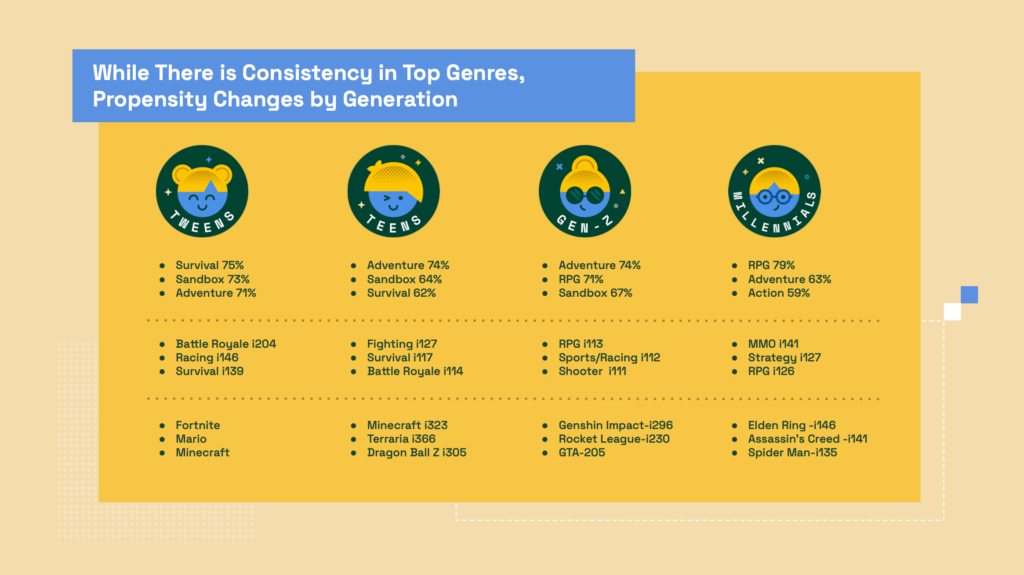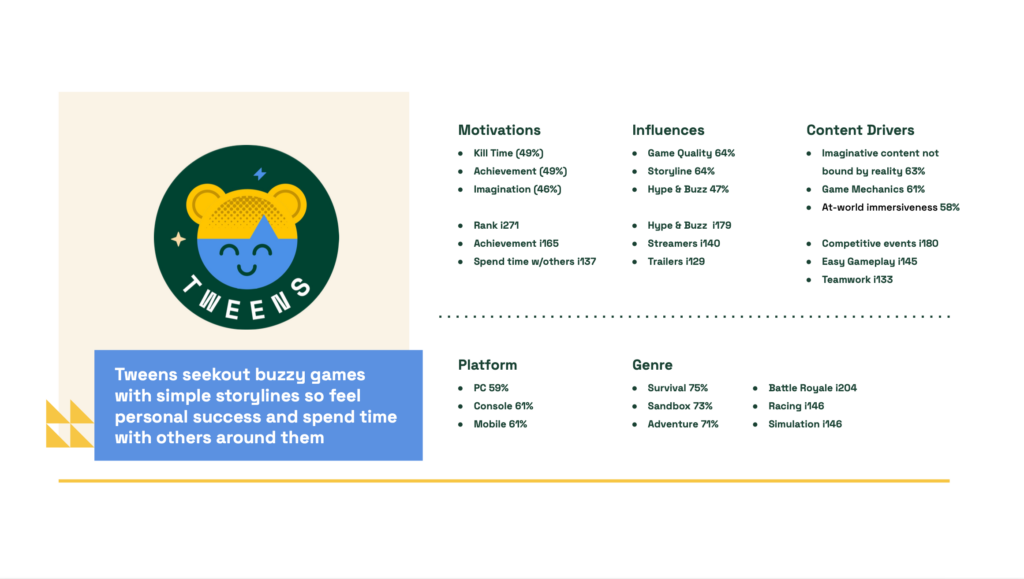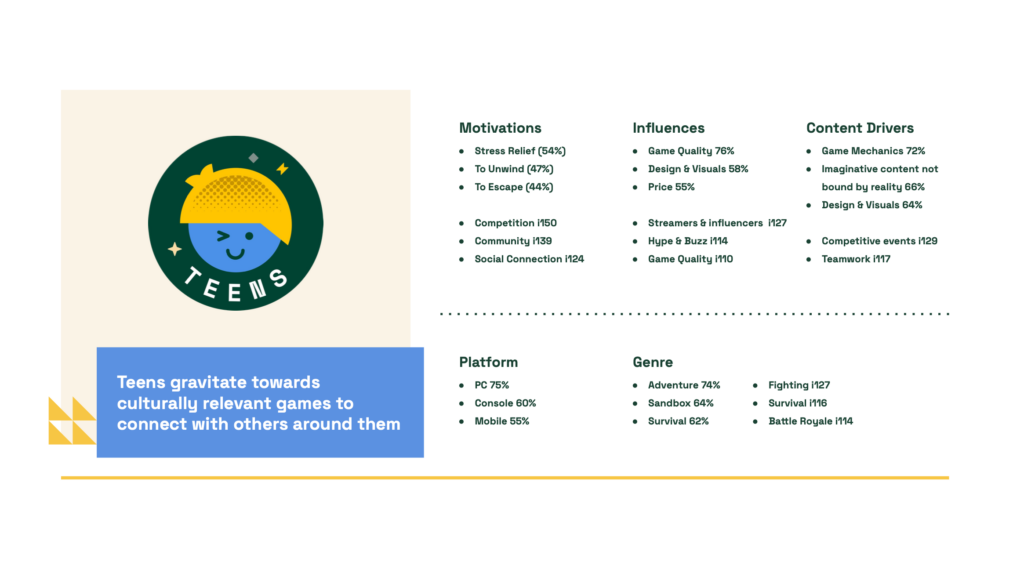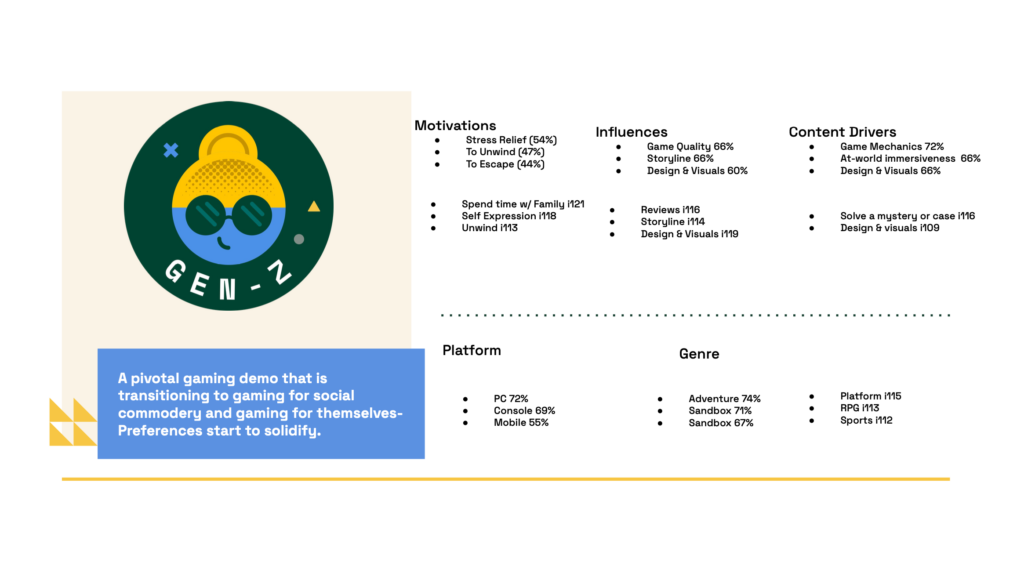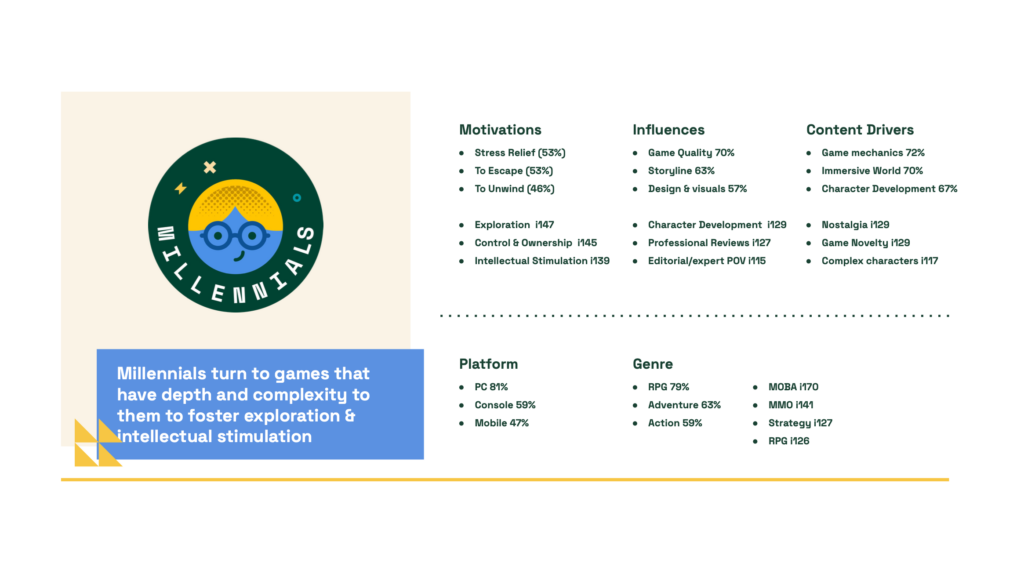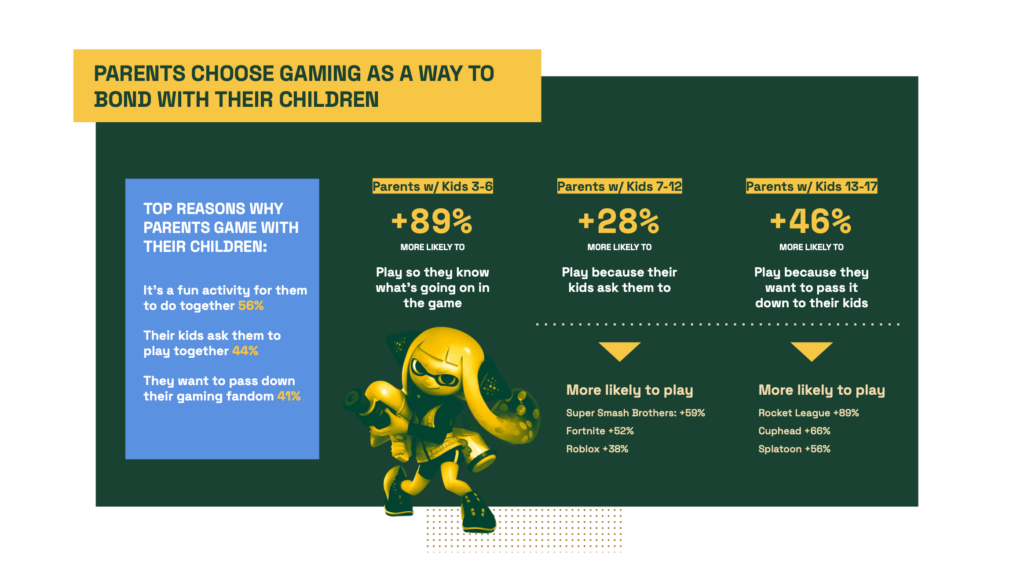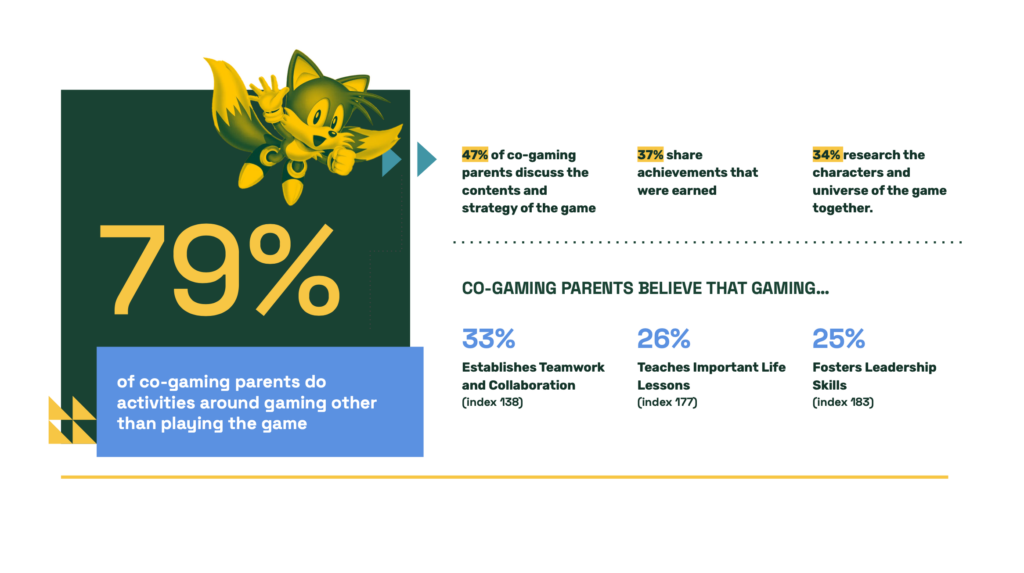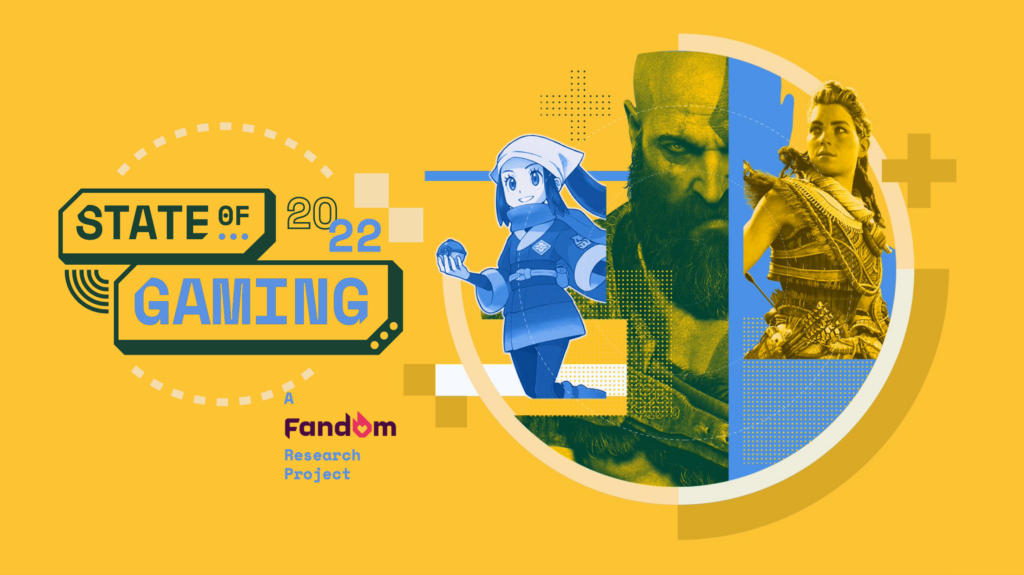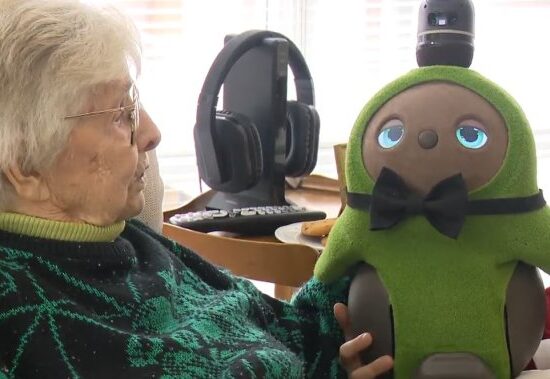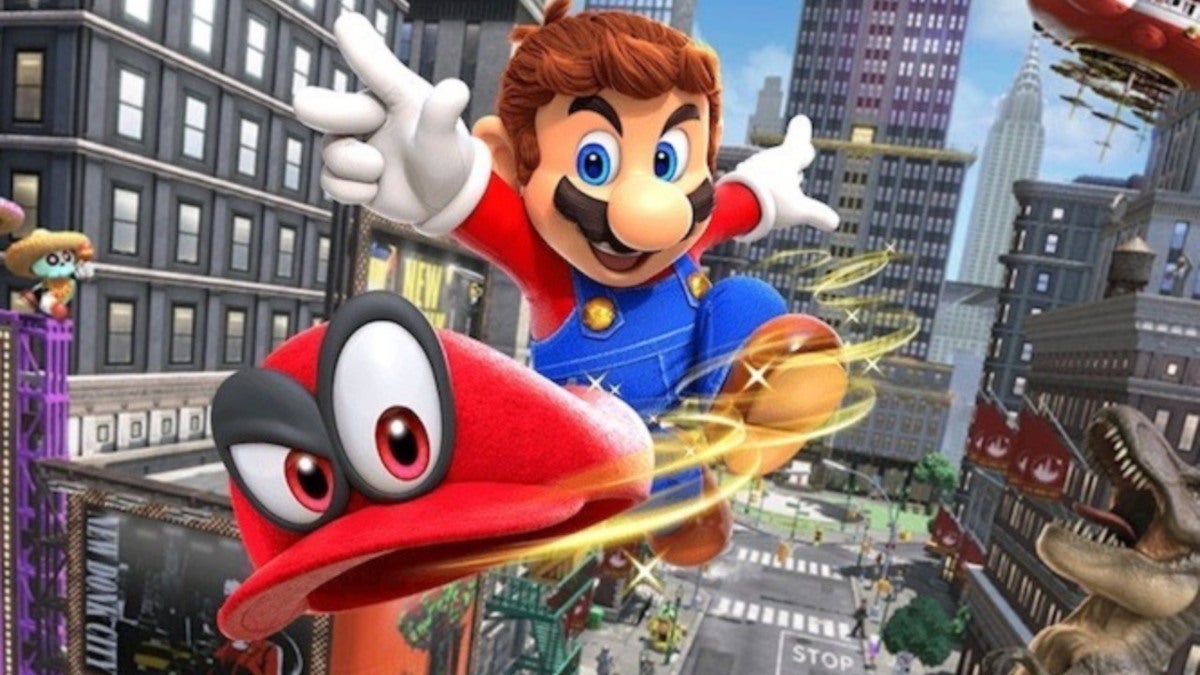
The stereotype of a gamer being a young, vulgar male loner playing all hours of night and day in their parents’ basement was never terribly accurate. After all, in 2021, 41% of the 189 million video game players were female, and a new study from Fandom disproves further notions. Culled from a sampling of 15,000 from the site’s 350 million monthly visitors, the biggest revelation is that millennials, generally aged 27-42, are the biggest gamer demographic. 52% of this age group identifies video games as their top recreational hobby.
Among other highlights from the study, 80% of those polled claimed that they’d play a game even if they weren’t already a fan of a given franchise, which is the kind of experimental courage of which moviegoers could use more. Meanwhile, over the last five years, engagement has increased across every demographic, platform and genre with 45% of gamers spending more time with their favorite hobby than ever before.
Meanwhile, again dispelling popular wisdom, parents and guardians are claiming to see the benefits of gaming with their kids. Co-gaming parents are 83% more likely to agree that “gaming fosters leadership skills,” 77% more likely to agree it “teaches important life skills” and 38% more likely to agree it “establishes teamwork & collaboration.”
In a show of how much Nintendo has dominated the parent/kid demographics, the top five games parents play with their kids are various “Super Mario Bros.” games (50%), “Minecraft” (48%), “Roblox” (48%), “Super Smash Bros.” (33%) and the various “Kirby” titles (32%).
86% of Fandom gamers are influenced to purchase a brand or product that invests significantly in the gaming space, and nearly half are heavily influenced to do so. 40% of Fandom’s millennial audience spends over 22 hours per week gaming, compared to only 29% of tweens.
In terms of multimedia opportunities, 57% of participants say that the storyline and narrative elements are of key importance, which argues that such story-driven games as “The Last of Us” make for better/more promising television shows or movies. While gamers will try a game that is either from a new-to-them franchise or an original, 70% declare that they’ll try a new game in a preferred franchise. As such, as with film and television, games based on established brands like “Harry Potter,” “Star Wars” and the MCU have a leg up on the competition.
The study also detailed which streaming platforms are most likely to be frequented by players of what video games. For example, players of the “Mega Man” series are 161x more likely to watch Disney+, while ‘Angry Birds” players are 37x more likely to access Peacock. As such, there’s less surprise that a streaming platform known for “Game of Thrones” would favor players of games like “White Wolf” and “Castlevania.” Amusingly, Apple TV+ viewers way over index for “God of War”. There’s a “God of War” series in development, but for Prime Video where it doesn’t register in the top ten.
The biggest growth in overall time spent gaming versus last year was seen among tweens and teens, with 63% and 48%, respectively. The top-ranking factors for trying new games are: game quality, storyline and plot, then design and visuals, suggesting that gamers across the board are looking for more immersive and engaging experiences.
It also suggests that gamers are less inclined to require a known IP or recognizable marquee characters, again giving the medium an advantage over film and television. Meanwhile, participants ranked overall motivation. Stress relief topped with 48% followed by relaxation (47%) and escapism (45%).
The survey argued that younger gamers are more interested in competitive gaming and making social connections, while older players aimed for intellectual stimulation. Tweens tended to gravitate toward fighting games, racing games and survival games while millennials prefer MMO, strategy and related role-playing titles like “Elden Ring” or “World of Warcraft.”
Among those parents who play with their kids, 56% do so as a fun activity to do together and 44% do so because their kids request it. 41% do so because they are gamers and wish to continue the trend.
There was no polling done on how many parents play games with their kids to demolish their spawn in competitive gaming and crush their spirit to the point of tears, but it’s probably at least 25%.

